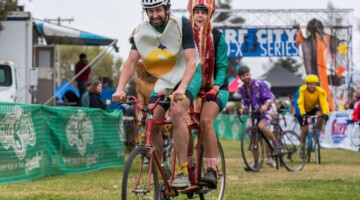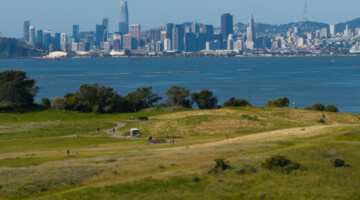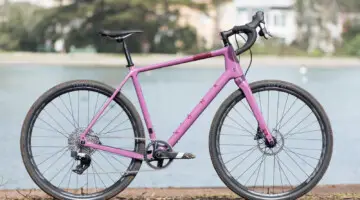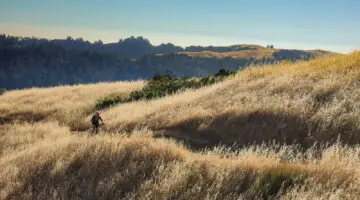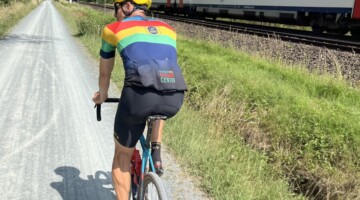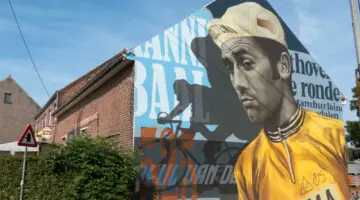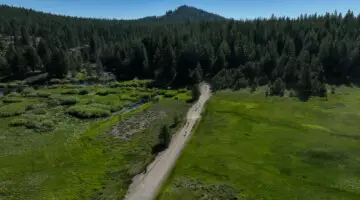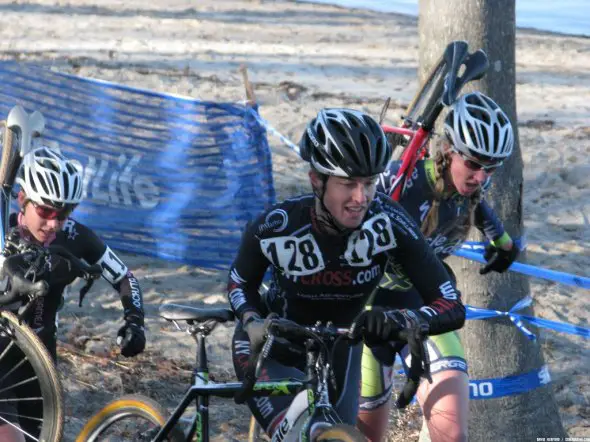Cyclocross season is nearly over in the US, though in Europe, there are still quite a few races to be won. But for the average cyclocrosser in the US, the season is at its end, with merely a month to go before Nationals and Masters Worlds. As someone who has, in the past six months, learned to live, eat, breathe, sleep, write, edit and most of all, race cyclocross, I’m going to be so sad when the season is done. Because at the end of the day, I love racing my bike, and I love all of the people that become part of my life because of it.
At the risk of (as I talked with a friend about this weekend) glamorizing the sport, this season has been incredible. Of course, after any race weekend is over, it’s easy to build it up in your head – whether you did amazingly or terribly – as this monumental, super-human effort. It’s easy to glamorize the mud, the sweat and the blood. And maybe that’s because this sport does deserve some glory. It takes enough guts, after all.
There are harsh realities that come with the glory of a “real cyclocross race.” Monday is devoted to stretching sore muscles, tending to cuts and bruises, washing mountains of kit, and cleaning every speck of mud off of our bikes, just to mess them up again in five days. Yes, it’s a (heavy sarcasm here) glamorous life we cyclocrossers lead. Most of our top pros work day jobs (or at least, race road or MTB in addition to cyclocross). None of us are getting rich off of this sport, at least, not in the US. We wear our Band-Aids and Ace bandages as purple hearts, trading “war stories” over dinners post-race and for weeks afterwards.
And OK, cyclocross isn’t war (although you can and should support the Wounded Veteran Project while racing). But sometimes, it sure feels like it.
Case in point: at NBX this weekend, there were two epic beach runs. And I swear to you, as I was running one on the practice lap, all I could think in my head was Churchill’s speech to Parliament in 1940: “We shall fight on the beaches, we shall fight on the landing grounds, we shall fight in the fields and in the streets, we shall fight in the hills; we shall never surrender.” And, gosh darn it, I did fight. And didn’t surrender to burning calves, hamstrings, quads, shoulders or ribs. When I finished, I tasted blood from burst blood vessels in my lungs. And I was happy, because that meant I went as hard as I could.
Until this season, I didn’t really know what it meant to race. I never had that feeling of absolute conviction that I would catch that person in front of me. Rather, I was happy (relatively speaking) to focus on not getting caught by the person behind me. It turns out, when you focus on what’s ahead of you, you go a heck of a lot faster. There’s a mental/physical place we like to call “the pain cave” in cyclocross. Until this season, I had only peeked in. Recently, I found out that spending a full race there means you’re doing it right.
In cyclocross, as with any war, there are small battles. Whether it’s an “official” Rapha Cross Clash or just you versus someone who is typically just up the road ahead, there’s always a small battle that can be waged on the cyclocross fields. This is what makes the sport so awesome, and so accessible. The race isn’t contained to the top ten. It’s everywhere, from first place to last place. You’re never racing just yourself, there’s always someone up the road who you can aspire to catch, to do battle with. And sometimes we lose the battle. But, at the risk of overextending this metaphor to its breaking point, that doesn’t mean we have to give up and lose the war as well.
And what, I ask, is more epic than some of the cyclocross “battle cries” that you can hear during the last laps of the elite race?
Churchill, in that same “On the Beaches” speech, said, “You ask, what is our aim? I can answer in one word: It is victory, victory at all costs, victory in spite of all terror, victory, however long and hard the road may be.”
And that, my friends, is cyclocross.
If you want to read more about my training, racing and editing exploits, you can find the painfully full version of events on my Twitter page.





